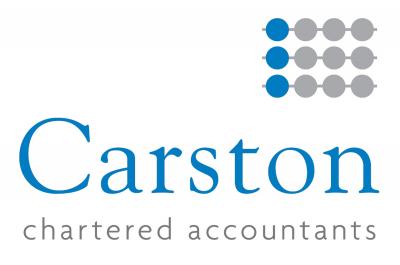The Government and the Charities Commission are now implementing amendments to the Charities Act of 2011, the first of which is starting this year.
The Charities Act 2022 will be rolled out over the coming months, with the final changes expected in autumn 2023.
These amendments will change the way your charity or non-profit operates in certain areas, so this article will explain everything you need to know.
Changes in 2022
As of 31 October, the Charities Commission introduced the first stage of the Charities Act 2022, bringing in a new range of provisions and powers for trustees.
Payments to trustees
The first of these changes is extended power for charities to pay trustees for providing goods to the charity under certain circumstances.
Now, using the statutory power, trustees can be paid for:
- services only, such as computer consultancy
- services and associated goods like painting and providing materials for the work
- supplying goods only, like stationery.
When paying a trustee, it must be clear and justified that it is in the charity’s best interest. If there are any conflicts of interest, they must be recorded to prevent a poor decision from being made.
If the work is being carried out by someone related or in business with a trustee, any payment must not involve the current trustee of the charity. To employ a “connected person”, your charity must still get the Commission’s consent. You can request this through the Commission’s website.
Some charity charters don’t allow payments to trustees, so you’ll need to check that your actions fall within the rules of your own charter.
Rules around under or overfunded campaigns
Secondly, there is now a reduction in the complex admin work around fundraisers which do not reach or exceed their targets.
Trustees will now no longer need to worry about these situations due to the following:
- The current requirement in some circumstances for charities to wait six months to refund a donor will no longer apply.
- If donations can be spent on new purposes and are less than £1,000, trustees can act without the Commission’s involvement if they comply with the law.
- It will be easier for trustees to obtain authority through the Charity Commission to deal with the funds.
Aarti Thakor, director of legal and accounting services at the Commission said:
“The Charities Act 2022 is designed to make a positive, practical difference to charities and where possible, make things easier for trustees.
“We have updated guidance to reflect the first set of changes so that trustees can understand what this means for them and the charities they serve.”
Future changes
The Commission has included several other steps being taken, which are expected to come into effect as of next year.
As of spring 2023, there are plans to change how charities sell, lease or transfer land as well as greater flexibility to make use of ‘permanent endowment’ – money or property originally meant to be held by the charity indefinitely.
By autumn of next year, the Commission aims to change how charities can amend their governing documents, creating more flexibility.
Get in touch
At Carston, we believe in supporting charities and non-profits to help carry out their work across the country.
Together, we can work with you to keep you compliant with your codes of practice as well as help you stay financially stable.
Get in touch with our team today to find out how we can help.

